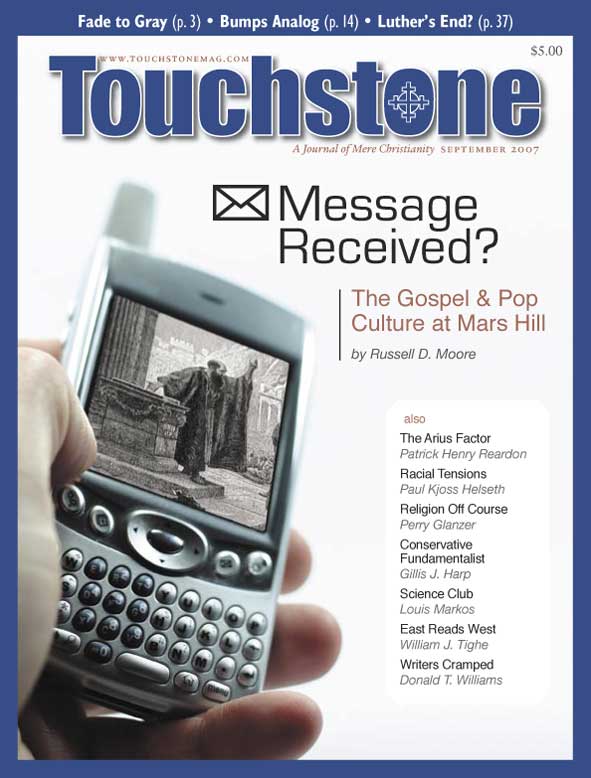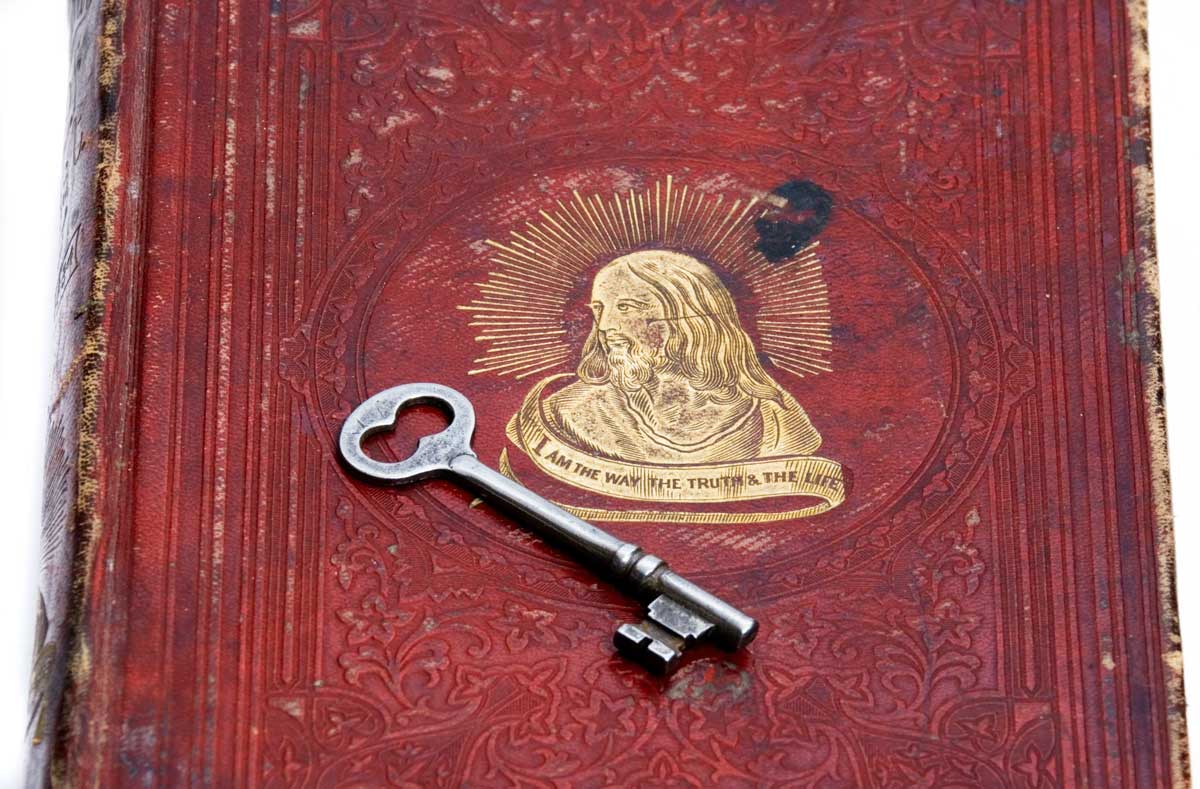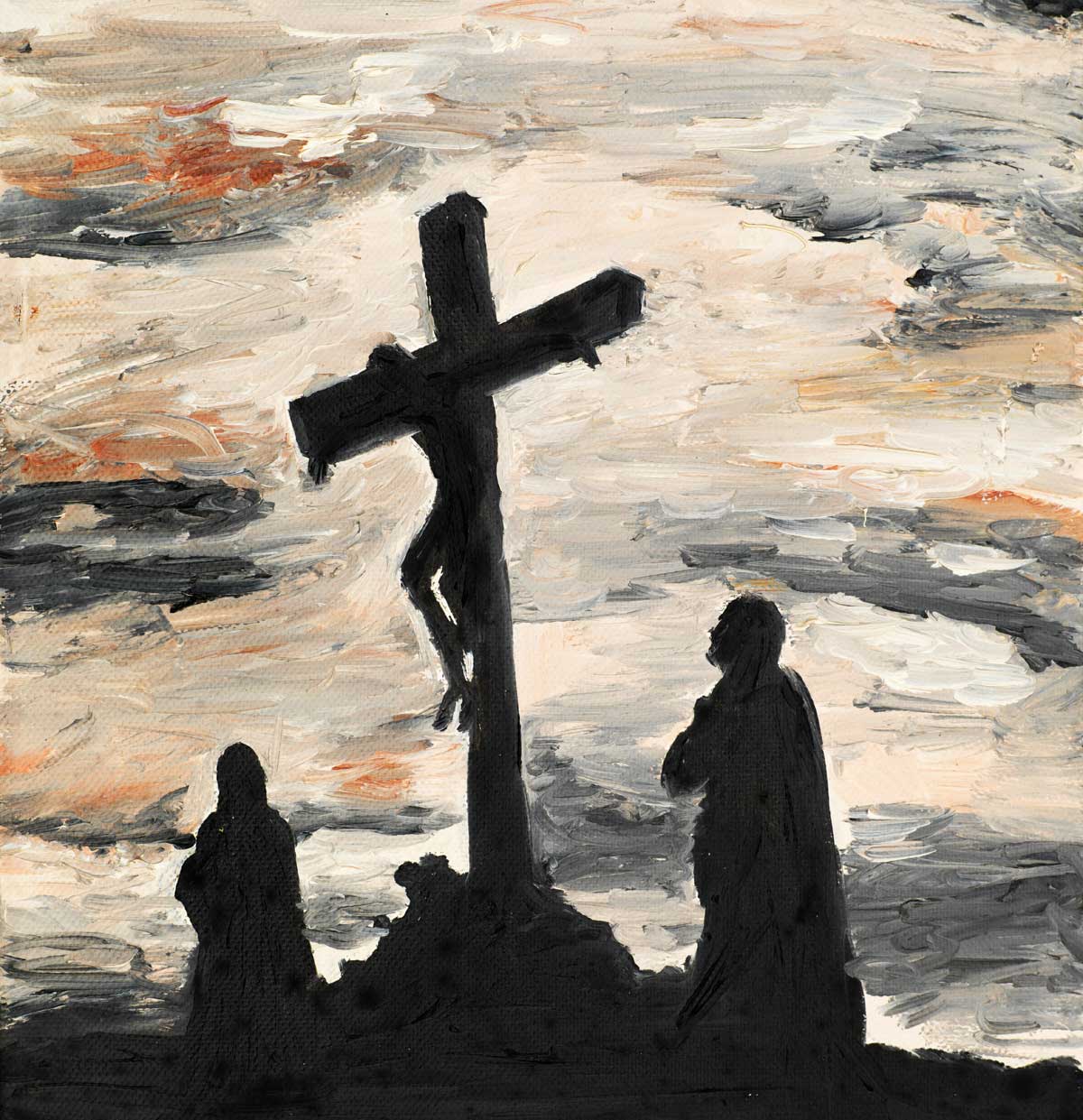Fade to Gray
We Cannot Speak of Evil When We Refuse to Speak of Good
Writing in The New Republic after the mass killings at Virginia Tech, the Brookings Institute’s GreggEasterbrook argued that, as the subtitle of his article put it, the coverage of the event “exposes our impoverished language for evil.” Although Cho murdered a lot of people,
according to a Nexis search of major U.S. newspapers and wire stories, in the three days following the massacre, 2,516 stories contained the terms “shooter” or “gunman,” while just 746 used “murderer” or “killer.” And, a full week after the calamity, many news outlets—including CNN, msnbc, and Fox News—were still referring to Cho as a “shooter.”
Easterbrook argued that “media and thought leaders don’t want to say that the man who chained the exit doors of Norris Hall before he started killing had a mind taken over by evil; they want to dismiss him as no more than a confused gunman, because they don’t want to contemplate his demonstration that evil is entirely real.”
Evil’s Suggestion
Why they do not want to contemplate this demonstration Easterbrook does not explore, though we may guess at an answer: The reality of evil suggests the reality of absolute good and many of these people do not want to believe in an absolute good. A man cannot say “That is just wicked” without saying “And this is right, now and forevermore.” If you don’t want to say the second don’t say the first.
In this case, if you don’t want to say the second, say “shooter” and “gunman” rather than “murderer” and “killer.” The problem is not, let me stress, a matter of denying the reality—though a disturbingly large number of “experts” and commentators spoke as if Cho were himself an innocent—but of shrinking away from the natural ways of speaking of it.
Faced with a disturbing contrast of black and white, fallen man’s natural tendency is not (at first) to reverse the two but to lighten the one and darken the other. Only a little at first, but enough to make both black and white shades of gray and reduce our ability to speak absolutely. From the natural term “murderer” (the word everyone would have used without a second thought, until recently) to the jargon term “shooter” is a small step, but a decisive step away from moral clarity.
Few if any of these media and thought leaders have thought through the philosophical relation of good and evil. They do not consciously twist their language. They avoid calling evil actions evil, I think, because absolute language makes them uncomfortable, because they sense that such absolute language implies other absolutes.
Except, that is, for some selected issues—Bush’s foreign policy, southern white racists, “homophobia,” challenges to “abortion rights,” etc.—on which they happily speak like Jeremiah. (Relativist Christians call this mode “prophetic,” in contrast to the “pastoral” mode used to justify approval of actions and ideas hitherto forbidden.) You will rarely find one of them explaining how he can be a relativist on most matters but an absolutist on others, because the ability to switch at will has enormous political use.
Selected issues excepted, they do not want to believe that anything is black and white. They are far more comfortable in a world of grays, and so their language becomes as gray as their moral thinking.
David Mills has been editor of Touchstone and executive editor of First Things.
subscription options
Order
Print/Online Subscription

Get six issues (one year) of Touchstone PLUS full online access including pdf downloads for only $39.95. That's only $3.34 per month!
Order
Online Only
Subscription

Get a one-year full-access subscription to the Touchstone online archives for only $19.95. That's only $1.66 per month!
bulk subscriptions
Order Touchstone subscriptions in bulk and save $10 per sub! Each subscription includes 6 issues of Touchstone plus full online access to touchstonemag.com—including archives, videos, and pdf downloads of recent issues for only $29.95 each! Great for churches or study groups.
Transactions will be processed on a secure server.
more from the online archives
calling all readers
Please Donate
"There are magazines worth reading but few worth saving . . . Touchstone is just such a magazine."
—Alice von Hildebrand
"Here we do not concede one square millimeter of territory to falsehood, folly, contemporary sentimentality, or fashion. We speak the truth, and let God be our judge. . . . Touchstone is the one committedly Christian conservative journal."
—Anthony Esolen, Touchstone senior editor









